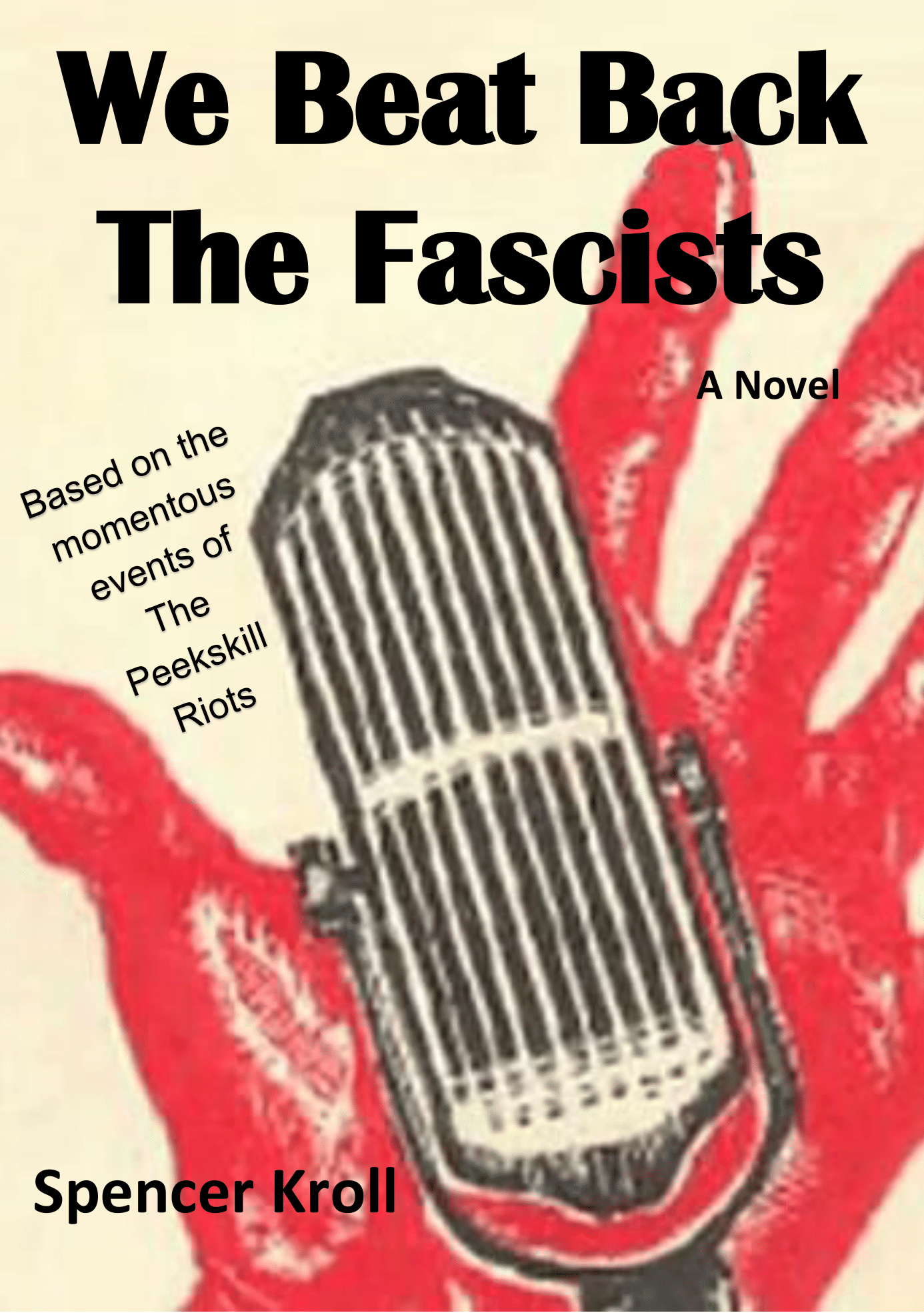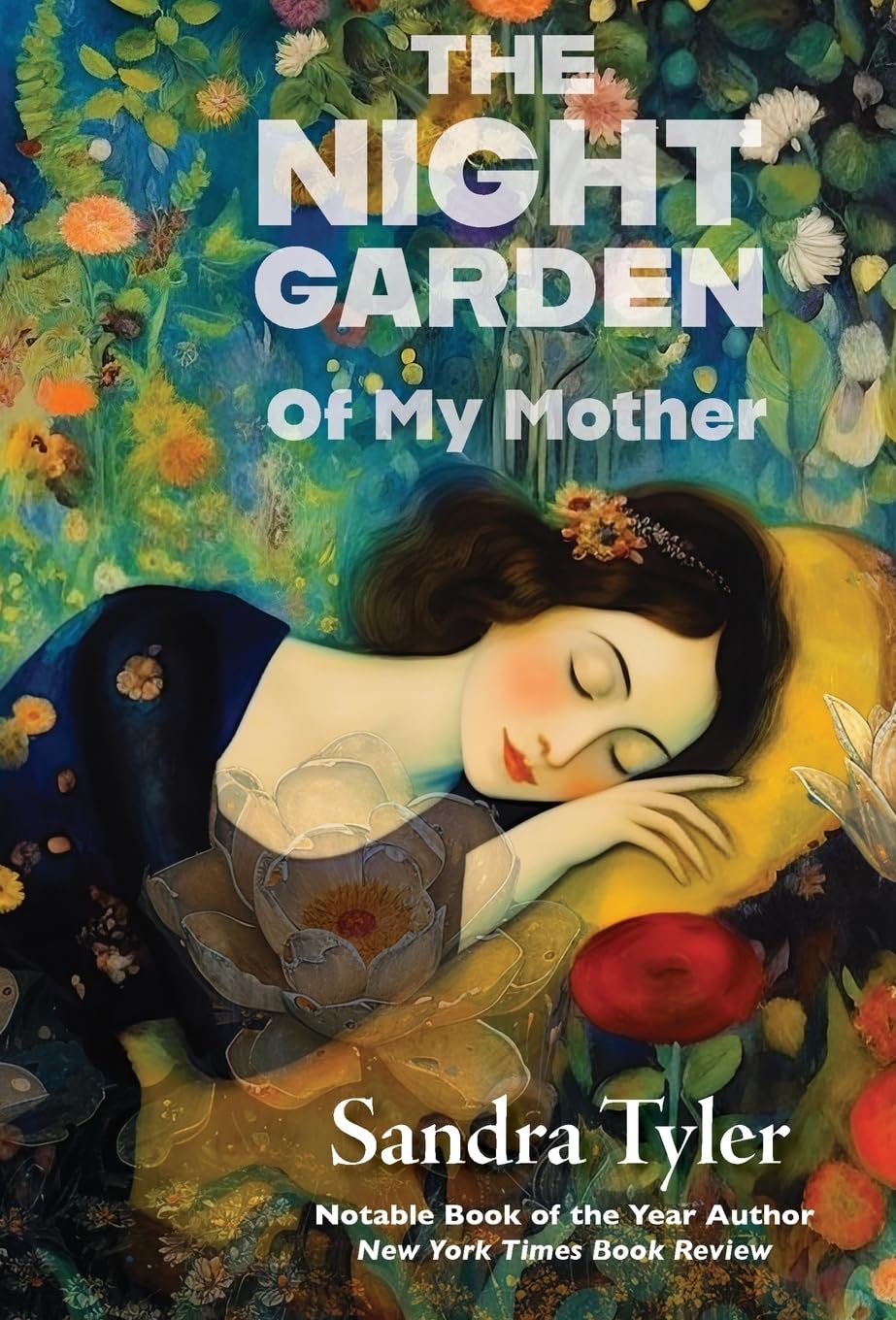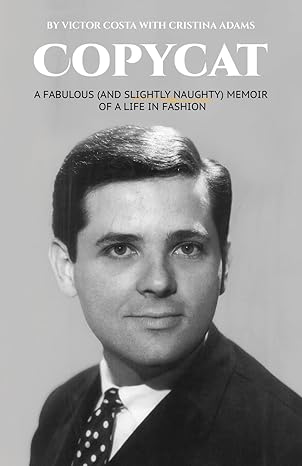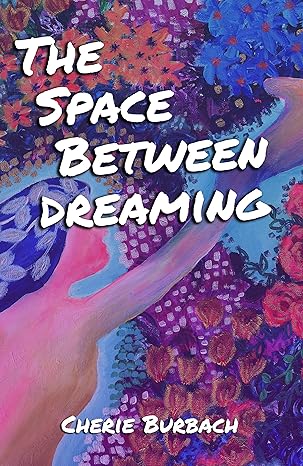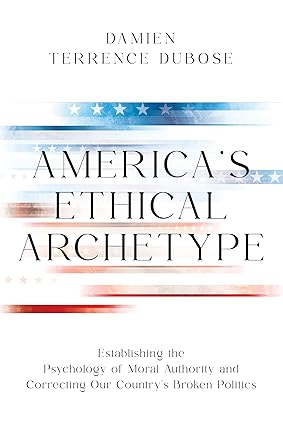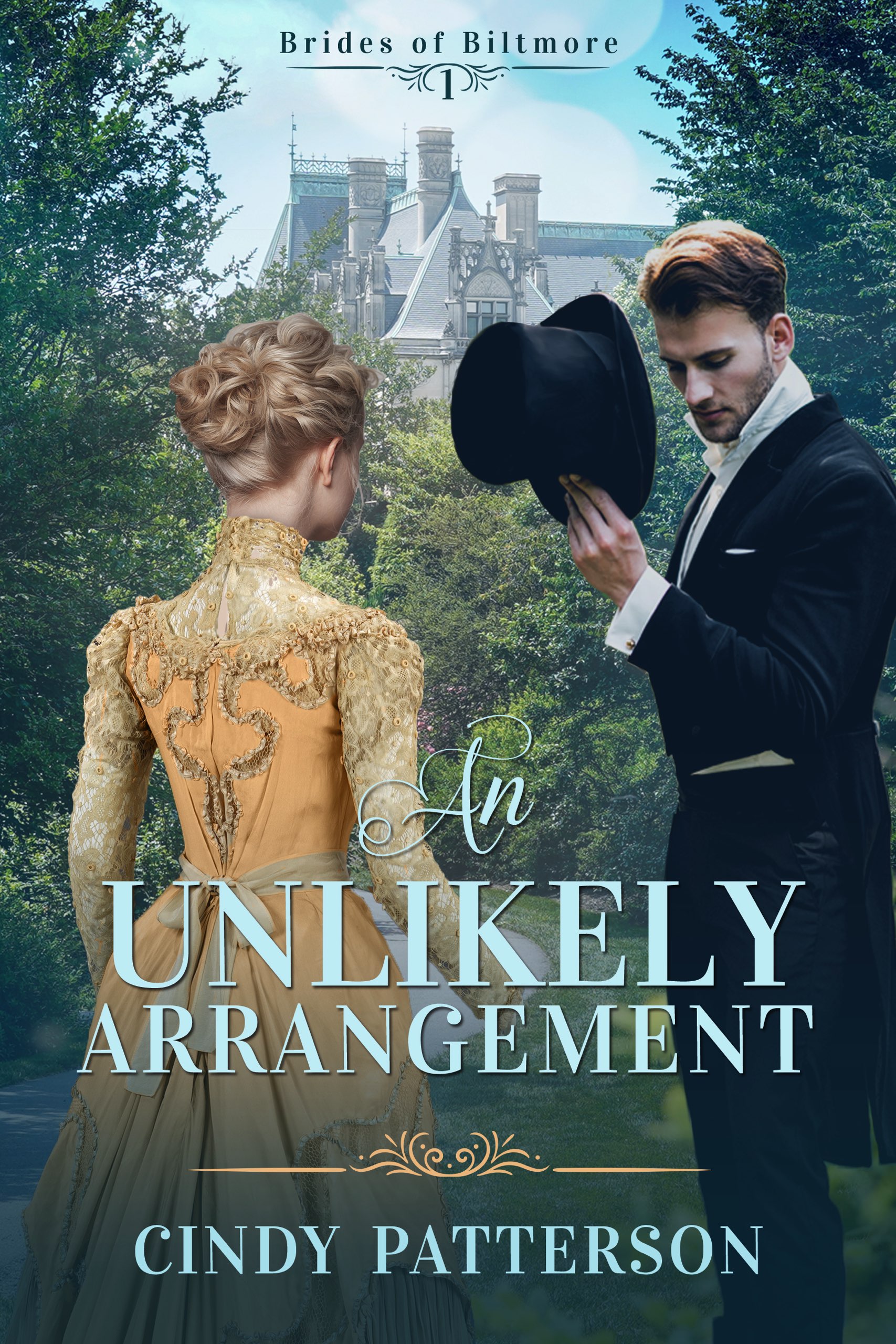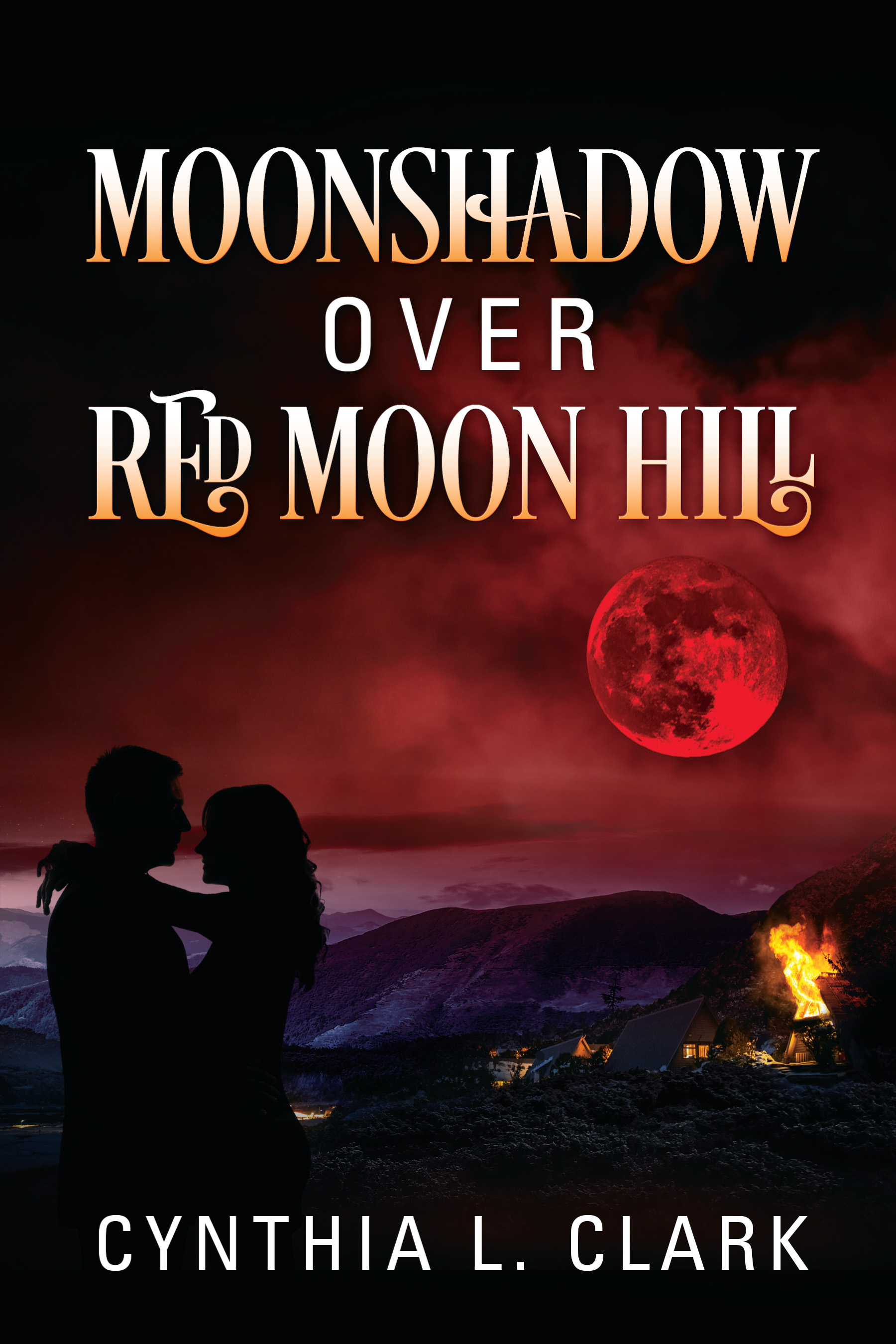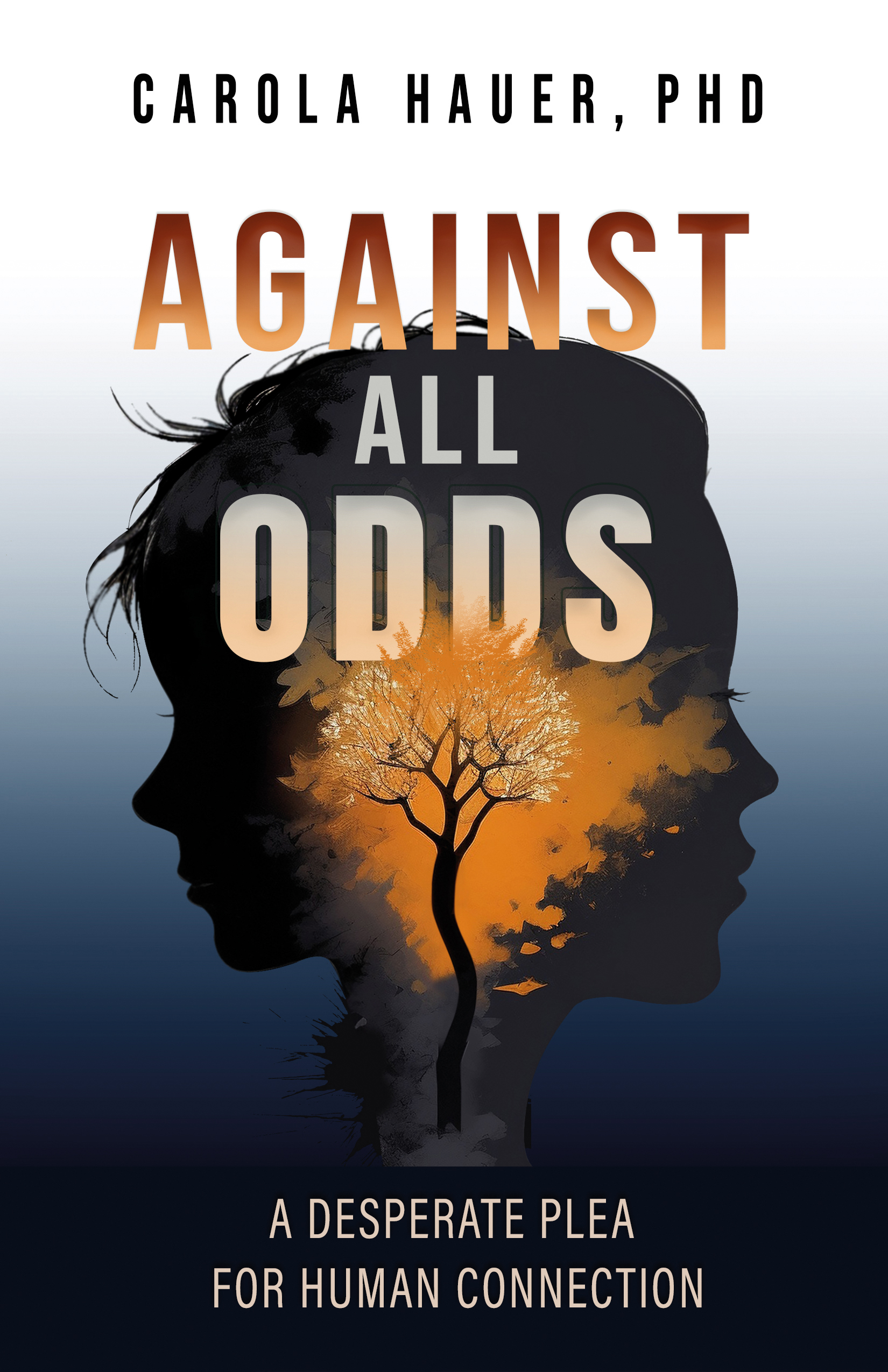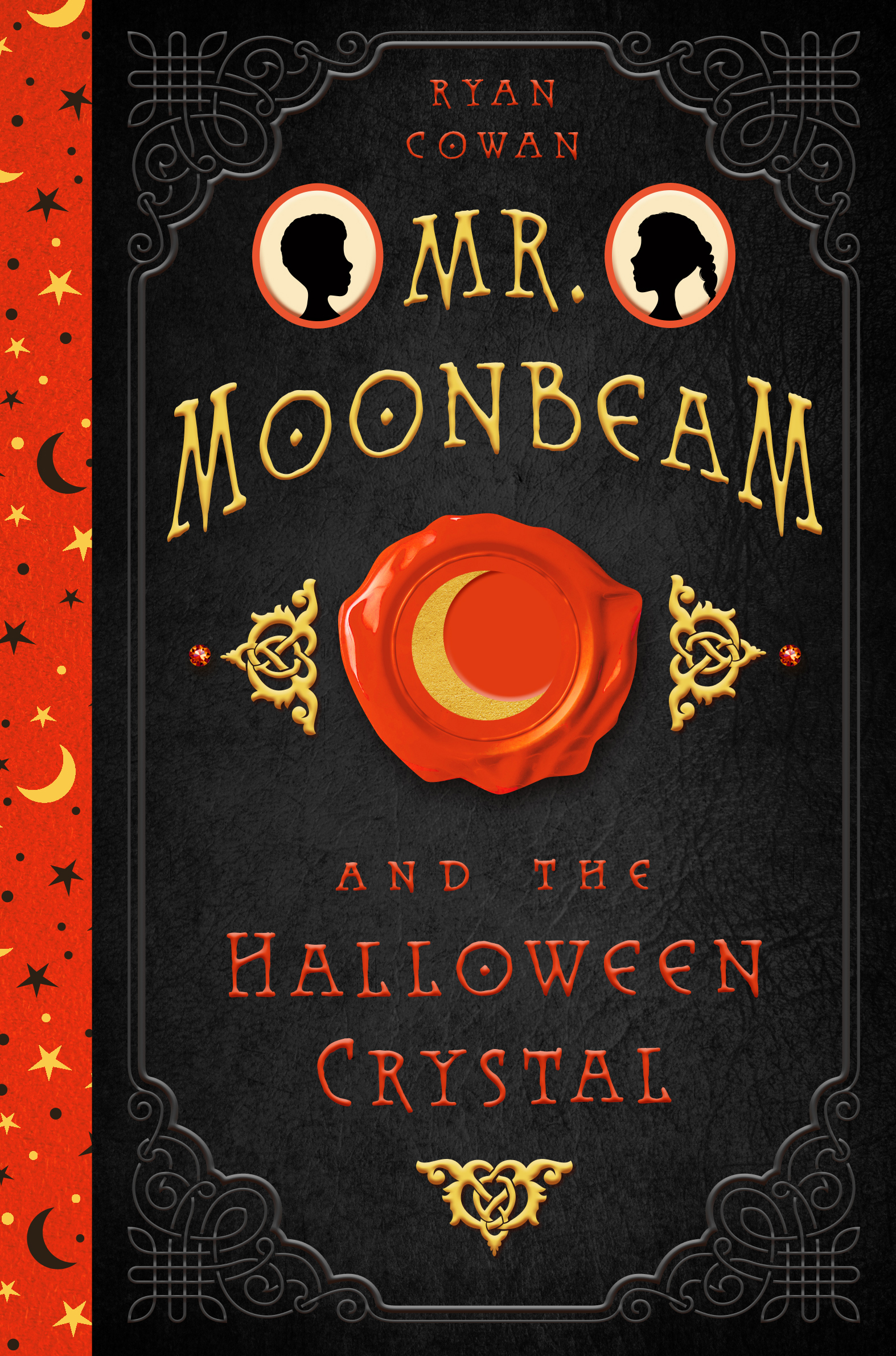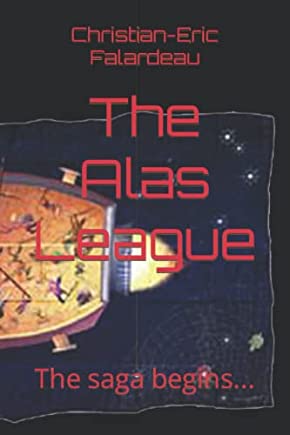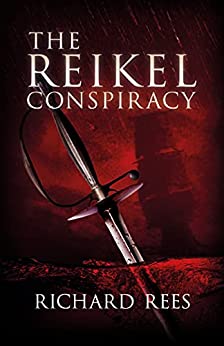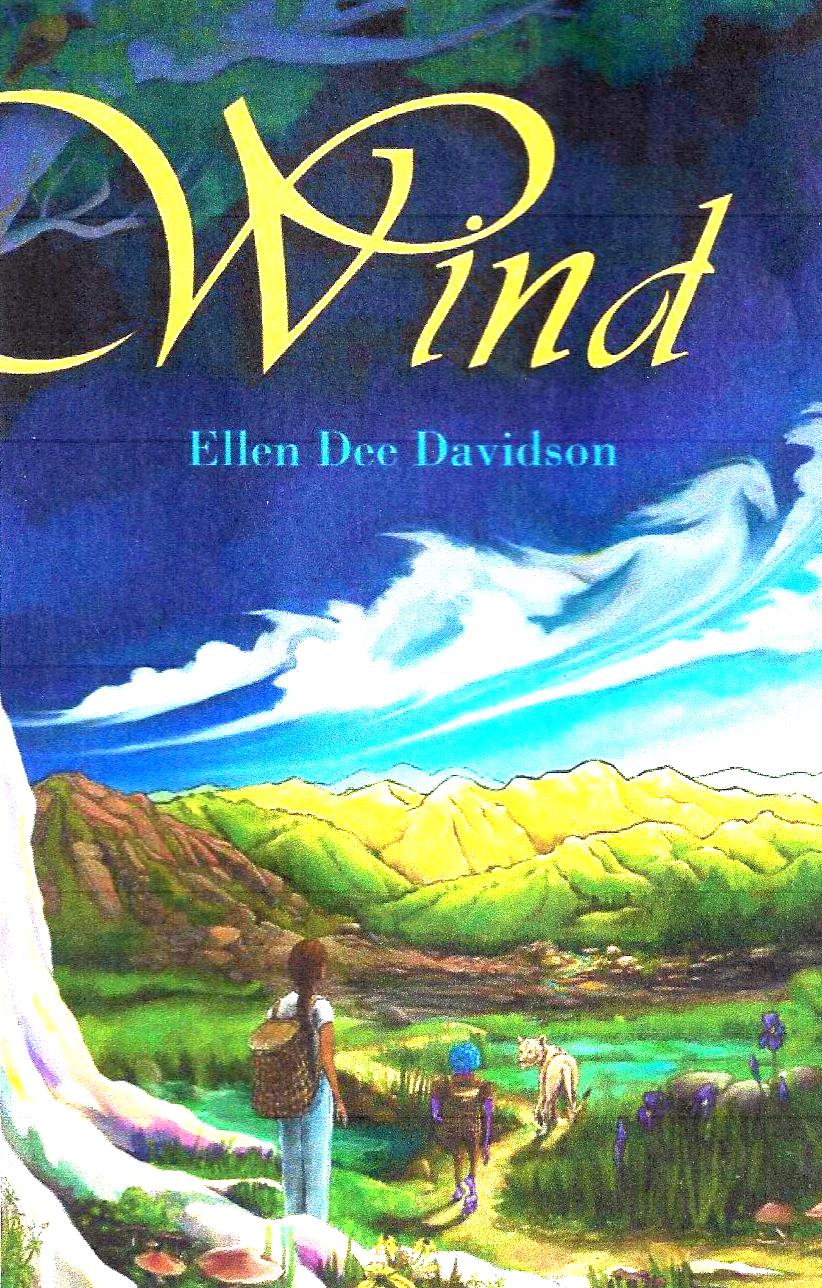We Beat Back The Fascists
| Category: | Fiction - Historical - Event/Era |
|---|---|
| Author: | Spencer Kroll |
| Publication Date: | May 2, 2022 |
| Number of Pages: | 236 |
| ASIN: | B09X7K7BF8 |
We Beat Back The Fascists, a gripping historical
novel by Spencer Kroll, unveils the echoes of America's past as it draws
parallels between the divisive events of the late 1940s and the contemporary
political climate. Set against the backdrop of the Peekskill riots of 1949, the
narrative centers on the controversial concert of African American singer Paul
Robeson—a figure synonymous with civil rights and anti-fascism. The novel is
skillfully interspersed with themes of socialism, race, and the disillusionment
felt by those who fought in World War II and returned to an America rife with
inequality. Through vibrant and multifaceted characters, Kroll skillfully
captures the tensions and the fear-driven rhetoric of the time. He paints a
picture of a community struggling with its identity as it oscillates between
the ideals of democracy and the burgeoning fear of communism. The contrast
between the spirit of solidarity and the rising tide of hate is unmistakably
delivered; Kroll vividly illustrates how mass discontent can rapidly devolve
into violence and chaos. This is particularly evident during the protest
against Robeson’s concert, where the reactions of townsfolk unveil the
underlying racial and political animosities festering in American society.
Spencer Kroll’s writing is both lyrical and hugely
descriptive, resonating with authenticity as he explores his characters’ struggles
while engaging with the broader historical context. The narrative examines how
veterans, once united in battle, become divided in their responses to changing social
norms and how memories of war connect with contemporary grievances. The
exploration of characters like Hal and Judith Grusman, alongside Paul Robeson, underlines
the profound impact of their choices as they face a world on the brink of
upheaval. What sets We Beat Back The Fascists apart is its timeless
relevance. Kroll compels readers to confront uncomfortable truths about
history's repetitions, challenging us to reflect on the current state of
political discourse. Amidst nationalism, racism, and fervent ideological
divides, the book urges us to recognize the threats to civil liberties that can
emerge when fear and prejudice take precedence. This captivating tale is
cautionary, fraught with political and social commentaries and themes that are
as resonant as possible.
